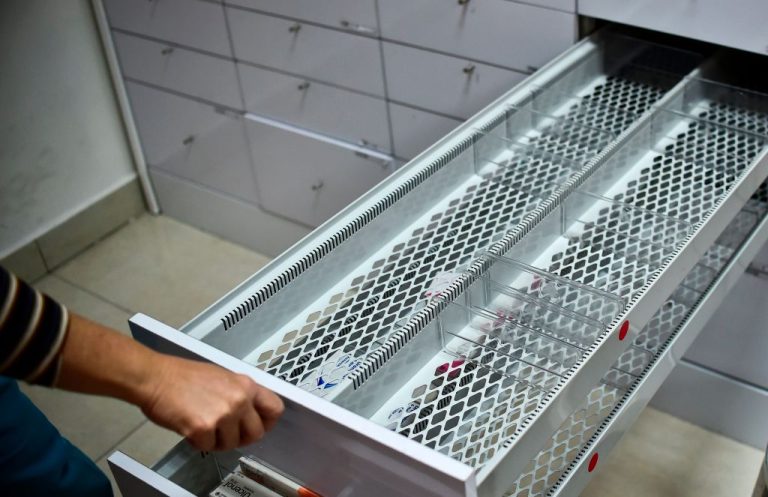Consumers of the Attention Deficit Hyperactivity Disorder (ADHD) drug Adderall are freaking out because the drug is in short supply and pharmacies are unable to cope with increased demand.
Several users of Adderall, a central nervous stimulant consisting of dextroamphetamine and amphetamine salts, who suddenly found themselves low on the drug or one of its generic versions, face withdrawal symptoms such as trouble sleeping, panic attacks, depression, suicidal ideation, and sluggishness.
Analysts conclude that production holds, restrictions, over-prescription, and boosted need have played a decisive role in the current scarcity — and the nervous breakdowns that come with withdrawals — of the drug.
Facing withdrawal symptoms
Bloomberg reported about a 34-year-old Adderall user from Michigan, Anthony Anderson, who had trouble doing his job as a special education teacher while giving mental suport to a student after a tragic suicide case at school.
“I even spaced out when I’m trying to have a serious conversation with this girl to console her, but I spaced out because I’m not able to focus,” he said. “This is a huge issue for me.”
Success
You are now signed up for our newsletter
Success
Check your email to complete sign up
“People who take high doses of Adderall without a prescription can develop a tolerance for the drug, leading them to seek out more medication,” Dr. Harold Hong, a Psychiatrist at New Waters Recovery in North Carolina, said according to Healthline.
“This amplifies the demand for Adderall and creates a greater strain on the supply,” Hong added. “Some effects are typically more severe in those who [use] Adderall at high doses.”
“The greater availability of Adderall tablets online amid the unlawful sale of drugs over the internet makes it difficult to decipher how much of the drug is being overprescribed,” Hong said.
Posts-pandemic rise
“In 2021, Adderall prescriptions went up to 41 million from 37 million the year before. The rise in demand has been linked to the ongoing pandemic as more people are struggling with anxiety,” Hong stated.
The current availability lull highlights the vulnerability of the pharmaceutical market, where more than 70 percent of medications consumed and sold in the U.S. are produced elsewhere, according to 2019 FDA data.
It appears that when one gear-wheel falters, the whole pill manufacturing machinery comes to a standstill.
READ MORE ABOUT PRESCRIPTION DRUGS, ADHD, AND SUPPLY CHAIN SHORTAGES:
- TikTok May Be Grooming Young Girls to Develop Tics, Tourettes
- Drugmakers Increased Prices Four Times the Inflation Rate: Congressional Investigation
- General Electric Deliveries Still Affected by Supply–chain Issues
A survey by the National Community Pharmacists Association among 358 store owners between July 25 and Aug. 5 showed that 64 percent of the drug or any of its generic versions is on backorder, Bloomberg reported.
The largest seller of Adderall in America, Teva Pharmaceutical Industries Ltd., admitted in late July to the newspaper that it encountered “supply disruptions” of the drug, though it anticipated the delivery to recuperate in the near future.
Also, other suppliers like Walgreens admitted, “There are supply chain challenges with this drug,” according to spokesperson Rebekah Pajak.
Matthew Blanchette of another pharmacy franchise, CVS, tactically answered that “in most cases,” its stores were still able to fill Adderall prescriptions.
DEA raises concerns
Meanwhile, the Drug Enforcement Administration (DEA) has voiced its concerns about overprescription of the drug due to slackened application standards.
The agency wrote in a statement accompanying its 2022 quota recommendations, “While DEA has observed a significant increase in demand among domestic manufacturers to bring generic ADHD-products to a relatively stable domestic market, it has also grown increasingly concerned over how these market forces may impact the misuse of prescription stimulants among young adults.”
“It is notable that major increases in diagnosis and treatment of ADHD coincide with FDA approval of various stimulants.”
However, according to the FDA website, there is no crisis to begin with, at least not in their playbook; The latest supply crisis lasted from Sept. 12, 2019, to May 31, 2022, and is currently labeled as “resolved.”
















